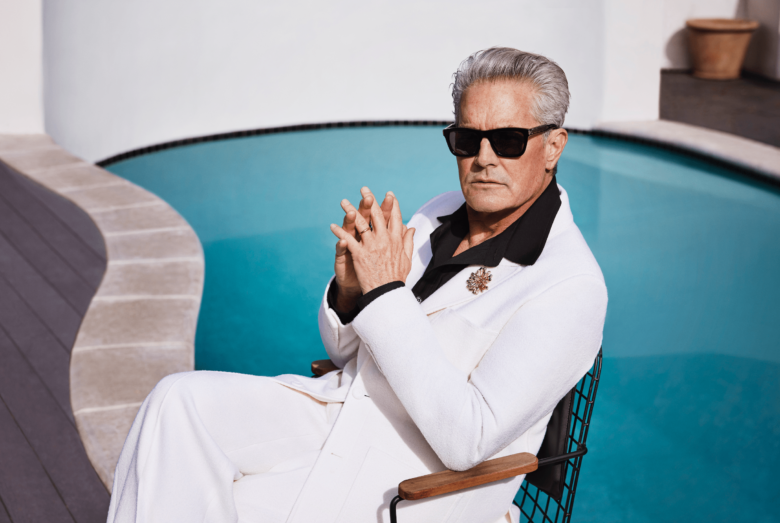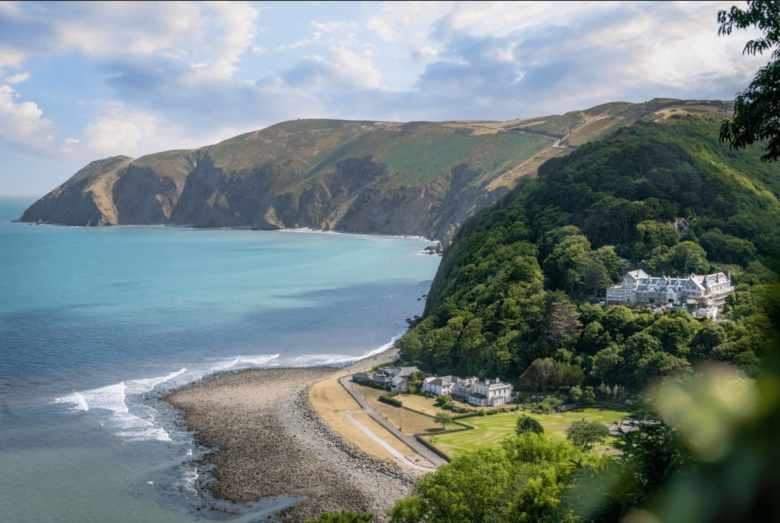Orsola de Castro: “Without sustainability, fashion has no future”
Established in 2013 in the wake of the Rana Plaza disaster, a factory collapse in Dhaka, Bangladesh that killed 1138 people and injured over 2500, Fashion Revolution wants to hold the fashion world accountable. With its global team of coordinators, the organisation argues that sustainability and fair working conditions should underpin the industry whilst creating resources and encouraging conversations that put pressure on brands and consumers alike to question the status quo.
To celebrate Earth Day and Fashion Revolution Week, we dialled up co-founder Orsola de Castro to chat about Fashion Revolution’s approach to creating a garment industry that not only kinder to the planet but to every person involved in the process.
Right now it’s Fashion Revolution Week which commemorates the Rana Plaza disaster and asks #WhoMadeMyClothes?. Could you talk us through the hashtag and the aims behind the campaign?
The hashtag has been used over a million times on Instagram and from the beginning of Fashion Revolution, that has been the question. The whole point is to ask something incredibly simple in the full knowledge that brands will find it very difficult to answer therefore it highlights the lack of transparency and shows that brands are not connected to their suppliers — they don’t really know their manufacturers, let alone the mills and the dying process. We wanted to highlight this problem and, as citizens, give thanks to the people who toil for the clothes that we wear, especially as we know that so many are doing so in exploitation.
Fashion Revolution takes an approach which is not only global but goes across the entire production process and supply chain, ending with the customer. Why is this panoramic view needed when confronting sustainability and human rights issues within fashion?
For starters, we are probably less patronising than other campaigns because we have so many global coordinators. We have a lot of coordinators in producing companies such as Cambodia and Vietnam and then we have coordinators in different parts of the world where the industry has been eradicated, such as Europe — they all have a different perspective. We don’t have one centralised vision of the fashion industry and instead, we have a wide-ranging, 360-degree view. It makes it easier to inform our audience and community about what is happening everywhere, whether we’re talking about fast fashion or about luxury fashion. You can’t not have a panoramic view because the supply chain is globalised and the constant attitude that west does best or west knows best is beyond obsolete in today’s day and age.
Fashion Revolution has a “no naming” approach, which goes against the “name and shame” ethos we see quite frequently on social media. What’s the thinking behind that?
It’s not that we don’t shame, because we do shame, but we don’t name individual brands because we know very well that even if you name one there will be so many others that are doing even worse. I think it’s important to understand that we don’t thank brands either. We really strive to create content that is very balanced, accurate and honest. We do say things as we are but the naming and shaming game isn’t part of how we want to communicate because it tends to sensationalise the issue rather than provide a balanced conversation.
The enterprise also has a “pro-fashion” attitude, which differs from that of some hardline environmentalists who are in favour of abolishing the industry altogether. Why is this the outlook you have adopted as an organisation?
All of the people that work in our global team and many of the people in our individual, regional hubs, we all work in the fashion industry. We are fashion professionals, designers, academics; we really are people that love fashion. At the end of the day what we want to do is turn an industry that we love into an industry that is fair, clean and safe. In that sense, we are pro-fashion because it’s not like we don’t understand the issues that the fashion industry is facing. We understand them very well because of our knowledge. We want to see the opportunity for fashion to be celebratory and to lead when it comes to complicated conversations.
What do you see as the future of sustainable and ethical fashion?
I would like to rephrase that and say there is no future without sustainable and ethical fashion; the future of fashion cannot possibly be any other way. I’m loathe to give any predictions, particularly at this point in time but we’ve been campaigning for an industry that puts people over profit and that puts prosperity over mindless growth. These aren’t predictions of the future but what we hope for, and these aims are the same now as when we started.
You can follow Fashion Revolution on Instagram and read more about what they do on their official website.

